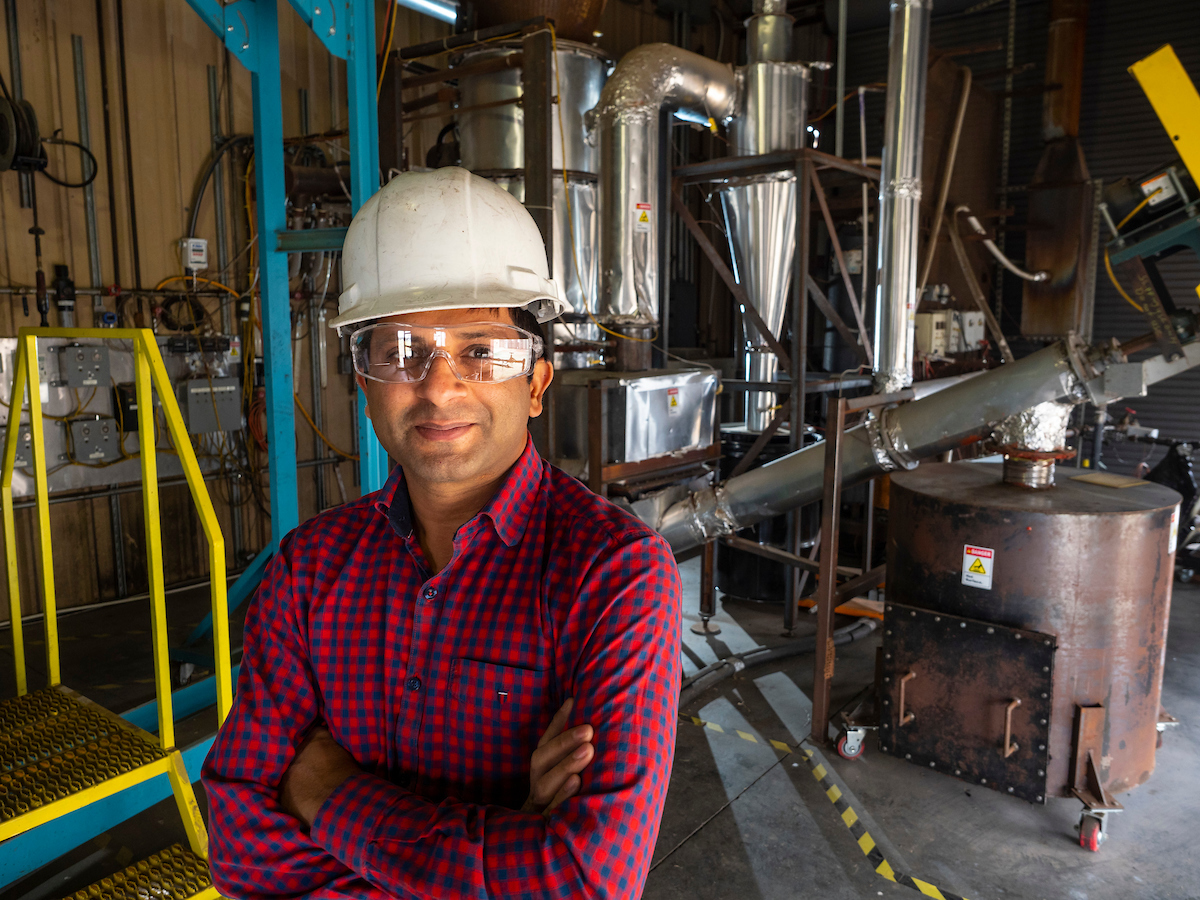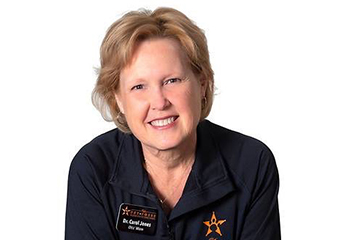Biosystems Engineering, PhD

Doctorate in Biosystems Engineering
The study of biosystems engineering merges engineering and agricultural science to
improve quality of life while maintaining the environment and preserving natural resources.
The focus of biosystems engineering is to enhance the production and profitability
of agricultural and biological products. Biosystems engineers work at the interface
of biology and technology to address problems and opportunities related to food, water,
energy and the environment-all of which are critical to the future.
